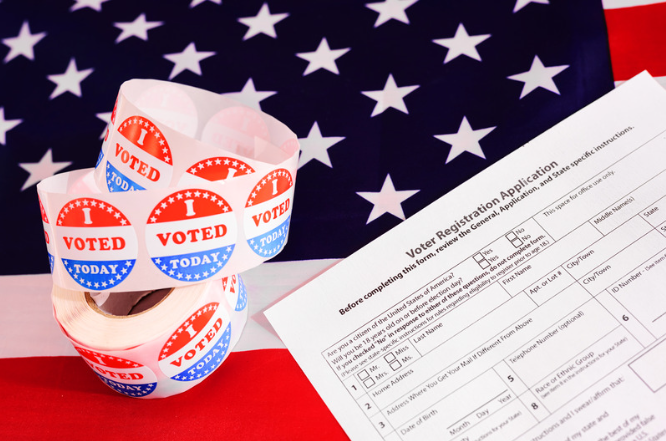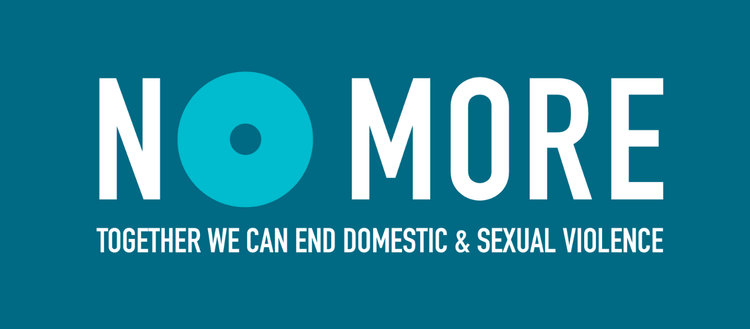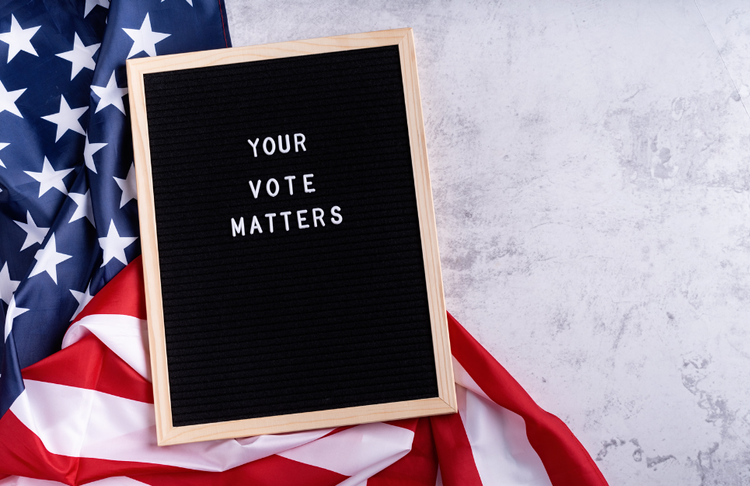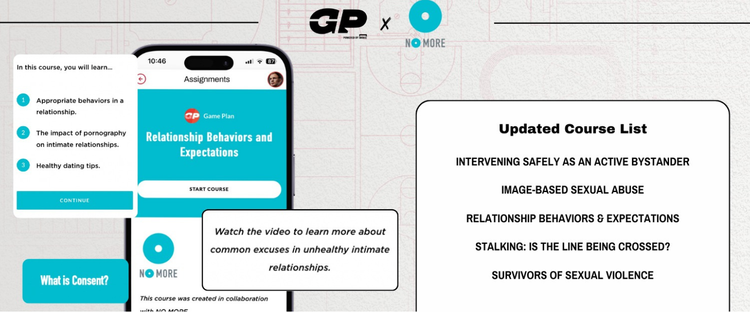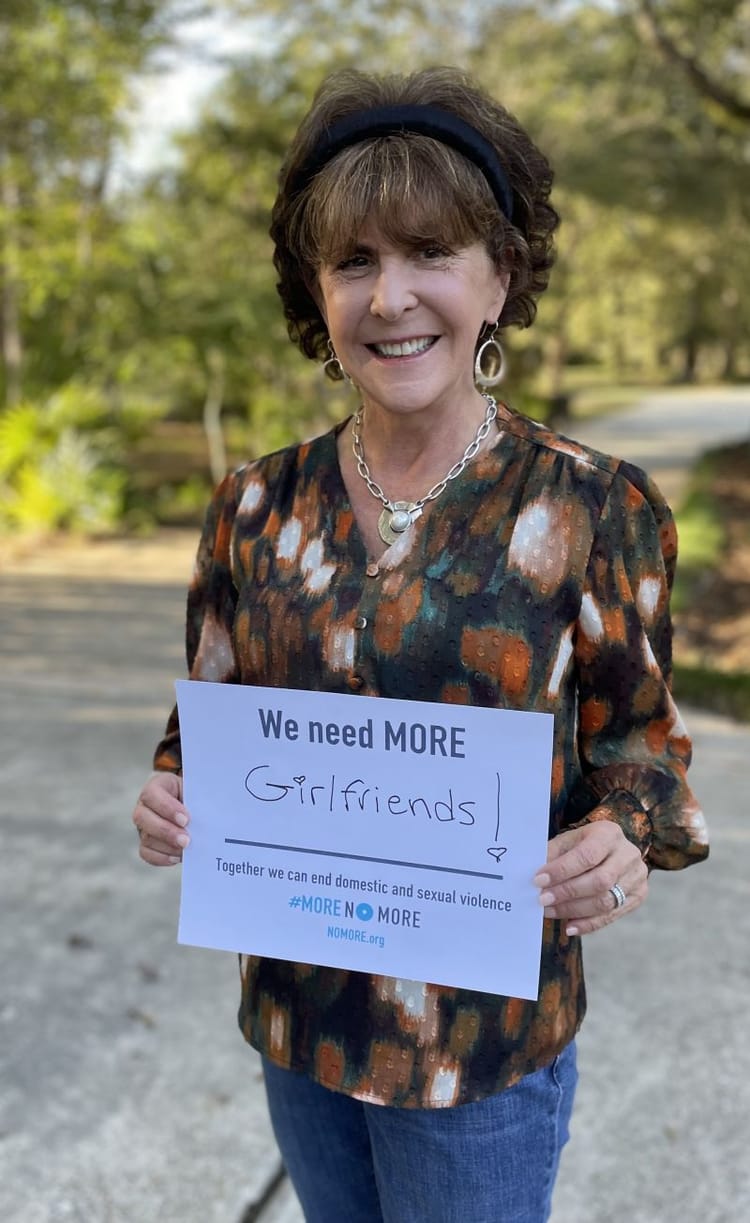Domestic Violence Through a Child’s Eyes

Andrea is a happily married thirty-something mom of two young kids with a job she loves. But when she was six years old, her father shot her mother — and then he killed himself. This is her story.
My dad was a Vietnam veteran. People said he changed when he came back from the war. He slept with a knife under his bed. Sometimes he’d sleepwalk.
I don’t remember ever witnessing violence, except once. My mom was cooking dinner. She had eggs on the stove, and they boiled over. My father threw dinner on the floor—just cleared the whole table with his hand. My sister remembers him screaming a lot. People said he hit her, too, but I don’t remember that.
The week before my mom was going to leave, she took us to my uncle’s house. I remember sitting on her lap and her saying, “We’re moving.”
The next day, my sister went on a trip to Great Adventure with friends, and I was playing in the backyard. My parents were arguing inside. I came in, and my dad packed my bag all of a sudden and said I was going to my grandparents’ house. This wasn’t unusual; I went there a lot.
He dropped me off and told my grandparents he needed to spend some time with my mother alone. He never came back.
People began looking for my mother. My grandfather called my uncle, my father’s brother. My mom’s work called my mother’s brother. Both of my uncles arrived at my house at the same time. Nobody answered the door, so they decided to break in.
They found her shot dead on the couch. My father was on the floor next to her. I guess he left a small note for his parents, my grandparents, saying he was sorry and that he loved us.
I never went back to the house again.
Within a couple months, my aunt and uncle on my dad’s side took us in. I was living with my three cousins, going to a new Catholic school. For a while, they told my sister and me that my parents were on vacation. Then my uncle finally said they weren’t coming back.
Being an adult and having my own kids, I see how poorly my stepmother treated me. They weren’t well-off, and now here comes two more kids that she had to take in. She reminded us of that all the time. She made us feel like she was doing us a favor; she told us our dad was a murderer. We were kind of at her mercy. She wanted to take us in more because people could look at her and say what a wonderful person she was. In her heart, she didn’t want us. As a mom, I know that now.
My stepparents sat down with the school and told the principal, you know, told him that this was a tragic event, these kids are coming. But nobody talked about it with us. It was swept under the rug. My sister and I went to counseling at the school once a week but it was more like, “Your father snapped.” It was too abstract for a young kid to understand, much less use as a healing tool. It should have been clearer.
As I got older, I began grappling with questions: Who am I? Do I look like my mom? I didn’t have a base to come back to. When you’re orphaned, you don’t understand who you are or where you came from. Even as a kid filling out medical forms and things where I’d need to know my family history, I was so embarrassed. I couldn’t do it.
And I knew nothing about my father, beyond that my whole family was divided against him. My mother’s parents had fought for custody and lost. My grandparents decided never to speak to them or us. Maybe they would send Christmas gifts occasionally. My mother’s brother did come see us every Sunday—it was his visitation day.
I feel no longing for my father. But in my teen years, I built up an image of my mom in my mind. That she was wonderful. That life would’ve been perfect if only I had her. And I went through a hatred of people in my family: Why didn’t you help her? Where were you when she was getting hit? People felt defensive. My uncle told me, “I knew but I didn’t know.”
I had a childhood friend who went to college and did well. I knew college was my only savior. I moved out at 17, took out student loans, and never looked back. I inherited a little bit of money from my parents’ estate when I turned 18, and I used that to pay rent.
I graduated and began to count the years. I’d think, OK, I’ve gone 25, 27 years without parents.
I met my husband at 20. He told me, “Don’t look back. Always move forward and think about what’s to come.” Clearly I went into the relationship with a ton of baggage. I didn’t know how to operate in a marriage. I can be hypersensitive because I want the opposite of what I had. My husband might roll his eyes, and I’ll tell him to respect me. I want to make extra sure that the same thing will never happen to me. He’s very patient and understanding.
This is not a bruise that fades. Think about that before you hurt someone.
Having kids opened up different emotions for me, too. I used to be terrified of leaving my kids. I couldn’t leave them overnight for many years; I’d always think, “This could be the last day they see me alive.” I found a therapist who specializes in childhood trauma. Through that, I realized how I was parenting my kids through my own insecurities. Now, I can go away for a girls’ weekend and feel OK about it. I might not tell my own children what happened, though; if I do, it’ll be a teachable moment. But I’ll never say to them, for instance, “The people you think are your grandparents aren’t really your grandparents at all.” They call them their grandparents out of respect, even though they don’t really feel like parents to me.
After all this, why am I successful? I felt that I was starting life behind, carrying a shameful secret. I didn’t want to be an orphan or the daughter of a murderer. I needed something else to define me. I found comfort in school: I was good at it, and I got good grades. I saw the enjoyment of doing well and the reward of hard work. It made me proud, and I wanted to continue that successful feeling in college and then in a career. I needed to prove everyone wrong, to prove I would be successful despite the past.
I’ve never gone public because I don’t want to be pitied. Usually, I tell friends that my parents died in an accident and leave it at that. But there are a few things I’d like people to know: The pain never goes away. I’m a wife, a mother, an adult, and I’m still dealing with my parents’ issues. This is not a bruise that fades. Think about that before you hurt someone. Why would you do this to your kids? You think they don’t know, you think they don’t understand, but at some point they will.
And for survivors: Do not be ashamed. Find a reason to make your past drive you.
Up to 12 million American children are exposed to domestic violence every year. Find resources for children exposed to domestic violence at Futures Without Violence and at the Family Violence Prevention Project.
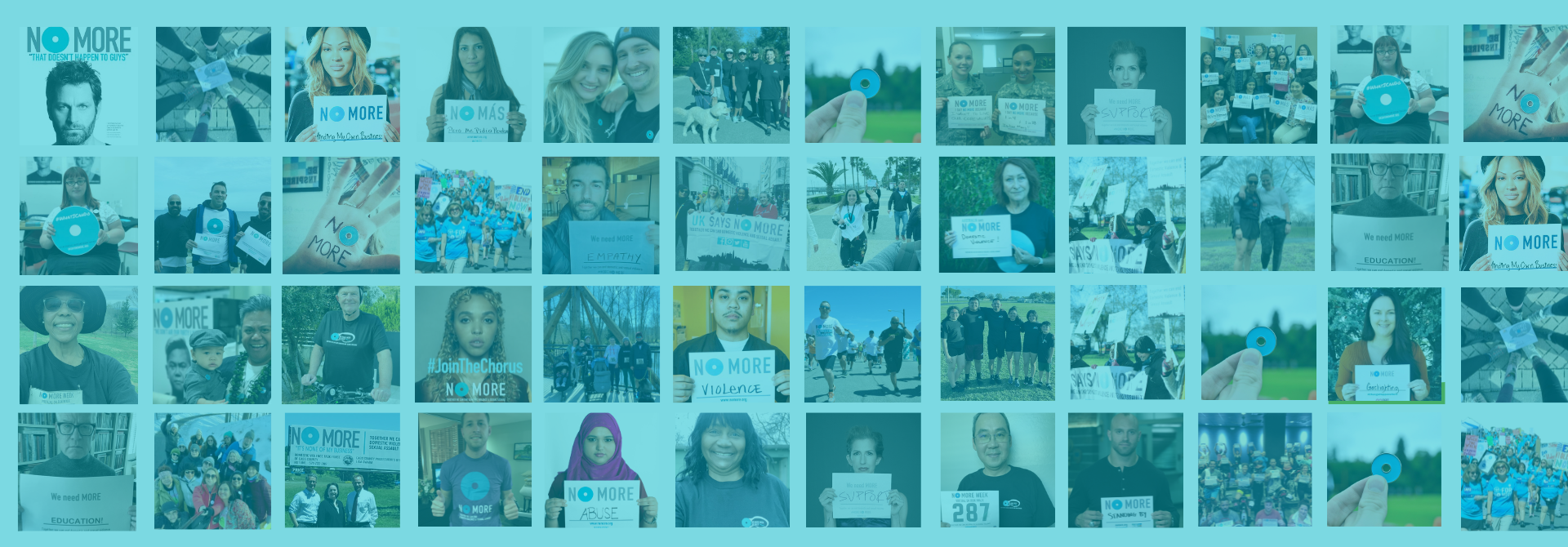
Make a Difference
Enjoying the content? Consider becoming a monthly supporter. Your recurring donation helps ensure we can continue bringing you great content. Subscribe with a supporting membership for as little as $5 a month.
Become a ChampionTogether We Can End Domestic and Sexual Violence

